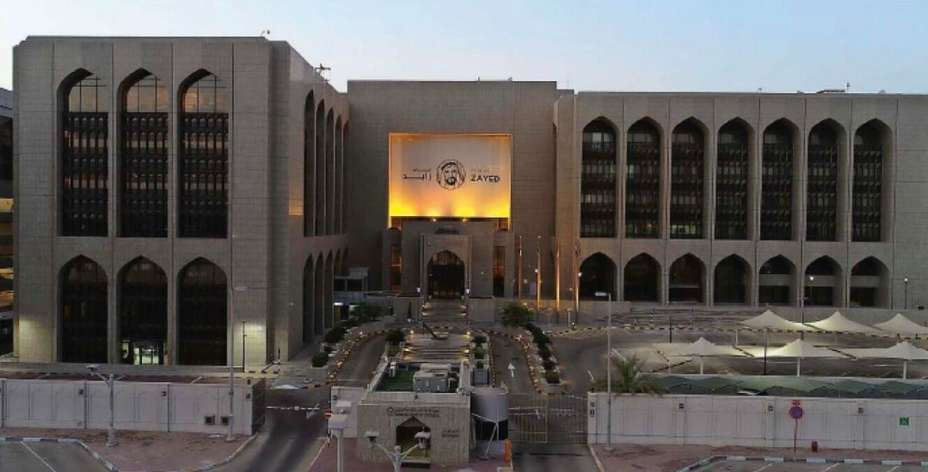The UAE has increased its base rate by 25 basis points.
The Central Bank of the UAE (CBUAE) has announced a 25 basis point increase in the Base Rate applicable to the Overnight Deposit Facility (ODF) from 4.90 percent to 5.15 percent. This change will be effective from Thursday, 4th May 2023. The decision to raise the Base Rate follows the US Federal Reserve Board’s announcement on 3rd May 2023 to increase the Interest on Reserve Balances (IORB) by 25 basis points.
The CBUAE has also stated that the rate applicable to borrowing short-term liquidity from the CBUAE through all standing credit facilities will remain at 50 basis points above the Base Rate.
The Base Rate is anchored to the US Federal Reserve’s IORB and signals the general stance of the CBUAE’s monetary policy. It provides an effective interest rate floor for overnight money market rates. The increase in the Base Rate is expected to have an impact on borrowing costs for UAE banks, which could lead to an increase in lending rates for consumers.
The CBUAE’s decision to raise the Base Rate reflects the country’s commitment to maintaining a stable and sustainable monetary policy. It also indicates the CBUAE’s confidence in the country’s economic growth prospects and its ability to withstand external shocks.
The UAE has been implementing a range of measures to boost economic growth, including investments in infrastructure, education, and technology. These efforts have helped to diversify the country’s economy and reduce its dependence on oil exports. The UAE’s economy is expected to continue to grow at a steady pace in the coming years, driven by strong domestic demand and investments in key sectors.
The increase in the Base Rate is expected to have a limited impact on inflation in the short term, as the UAE’s inflation rate has remained relatively stable in recent years. However, the CBUAE will continue to monitor inflation closely and adjust its monetary policy as necessary to maintain price stability.
The CBUAE’s decision to raise the Base Rate is in line with the country’s efforts to maintain a competitive and attractive investment environment. The UAE has been taking steps to attract foreign investors and businesses, including the introduction of a range of incentives and policies aimed at promoting foreign investment.
The increase in the Base Rate is also likely to have an impact on the country’s currency, the dirham. A higher interest rate makes the dirham more attractive to foreign investors, which could lead to an increase in demand for the currency.
The decision by the CBUAE to raise the Base Rate reflects the country’s effort to keep pace with the US Federal Reserve’s monetary policy. The US central bank has raised interest rates several times in the last year to keep inflation in check and to support economic growth.
The UAE is an oil-rich country that is heavily dependent on global oil prices. The country has been affected by the pandemic and the decline in oil prices over the last two years. As a result, the government and the central bank have taken several measures to support the economy, including the introduction of stimulus packages and the lowering of interest rates.
However, with the global economy recovering and oil prices rising, the UAE is now taking steps to gradually increase interest rates and reduce its reliance on monetary stimulus. The decision to raise the Base Rate is part of this effort.
Overall, the CBUAE’s decision to raise the Base Rate reflects the country’s commitment to maintaining a stable and sustainable monetary policy. It is also a reflection of the country’s confidence in its economic growth prospects and its ability to withstand external shocks. The increase in the Base Rate is expected to have an impact on borrowing costs for UAE banks and may lead to an increase in lending rates for consumers. However, the impact on inflation is expected to be limited in the short term, and the CBUAE will continue to monitor inflation closely and adjust its monetary policy as necessary.





